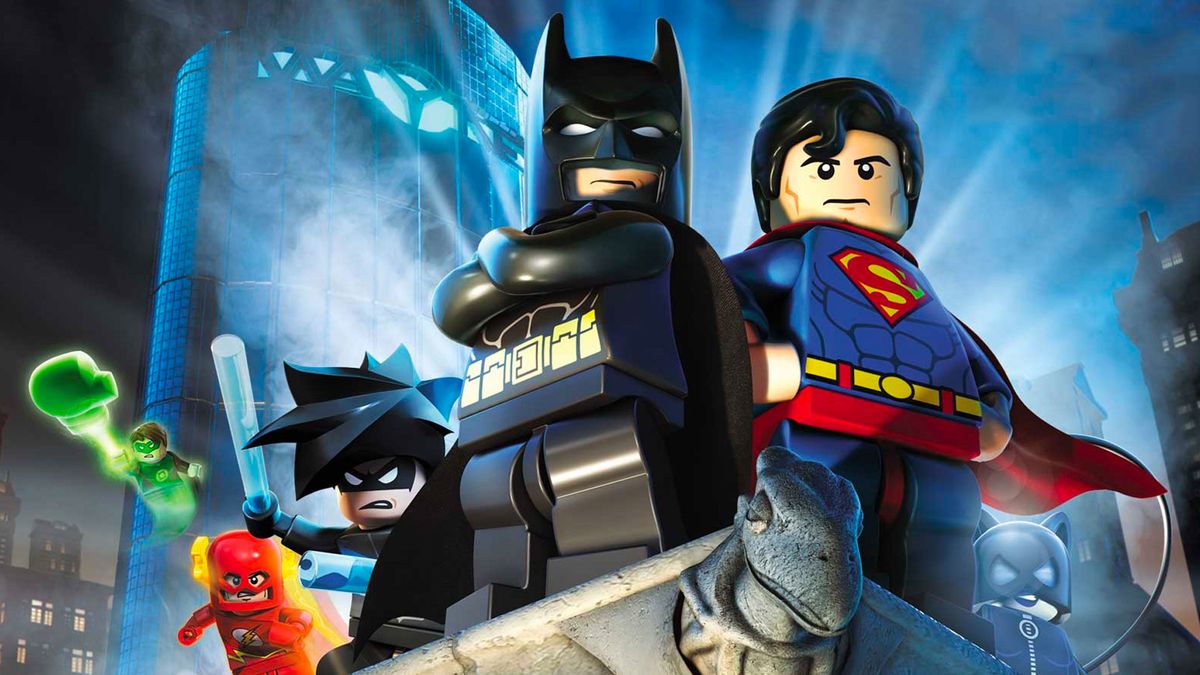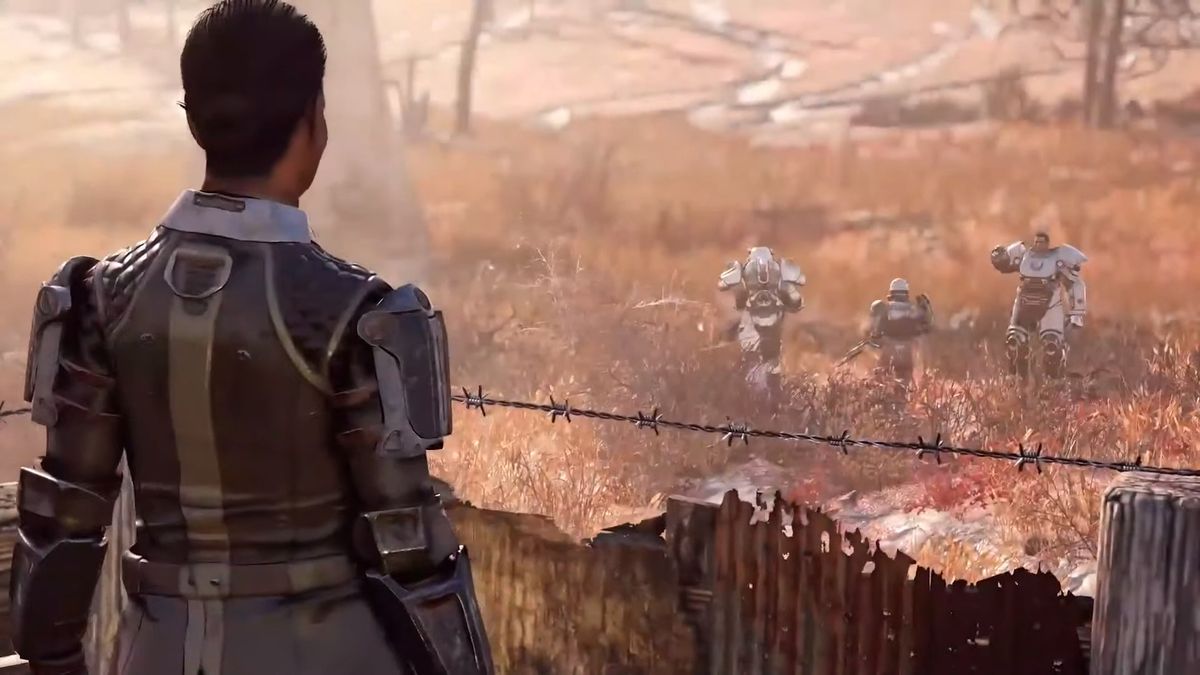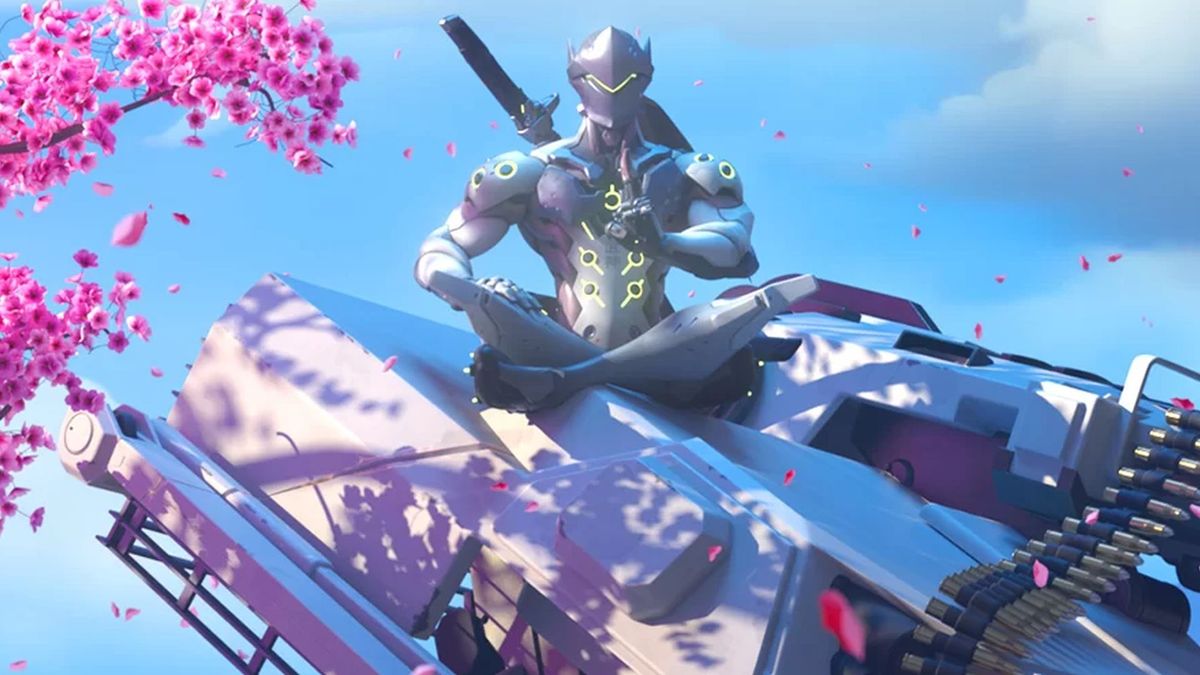Here’s a fun fact for you: The last time we missed out on a full, new Assassin’s Creed game was 2008. Since AC2 released in November 2009, there has been a fresh game every year – usually around October/November – without fail. Some years we’ve had multiple Assassin’s Creeds. We’ve had the games on console, mobile, and PC. We’ve had comics, books, and short films. We’ve had figurines and replica clothing and even bottled water. Quite frankly, 2016 was time for a break.
I say ‘break’, but that isn’t quite true. This year we’re getting the Assassin’s Creed movie (opens in new tab), with Michael Fassbender assuming the role of 2016’s cowl-wearing hero, Aguilar. In a sense, what we’re getting is something even better than a break from the games… we’re getting a chance for the creators to sit back and view their series through a different lens. Sure, Ubisoft has been heavily involved in the creation of the Assassin’s Creed movie, but the company will inevitably discover more about the franchise than it dictates.
If we’ve learned anything from the cavalcade of atrocious (and the rare few passable) video game to movie tie-ins over the years, it’s this: when Hollywood holds a mirror up to games, the reflection is distorted and unfamiliar. Because it has to be. Games, like movies, are complete entities, and it’s impossible to faithfully condense a full 10-20 hour experience into a single, 90 minute showing. What you need to do, therefore, is capture the essence of the game and try to tell a credible story with it. To add another complication to the matter, those themes and story-beats need to make sense to a wider audience; one that contains million of people who may or may not have ever picked up a controller in their lives.
All this is pretty common knowledge, right? It’s a fancy way of saying that most game-movies are guff, because they simply don’t work as films. However, given the level of involvement Ubisoft has had with Assassin’s Creed, combined with the talent on board and the rich history of the series, the excuses for failure here are much fewer and tougher to justify. This movie has the greatest chance of any game tie-in to succeed. However, I’d argue that the true legacy of the film will be the impact it has on future iterations of the game.
Although Syndicate (opens in new tab) ranks among the best ACs ever (opens in new tab), there’s no denying that the ideas within it feel a little stale. The Assassin’s Creed formula has been copied, pasted, and imitated so many times, it’s starting to feel like a parody of itself. And you can dress that up with magnificent world-building and environmental sense of place, but if you’re giving the player what amounts to the same experience as you were back in 2009 (AC2 – the original game doesn’t really feel like the AC we know and, er, love today) then they’ll inevitably get bored. Whether a result of franchise fatigue or the resulting mistrust generated by the appalling Unity, Syndicate failed to sell as well as it should. And critics were, I’d argue, overly harsh on the game precisely because they’d grown weary of the ‘Creed’s wall-climbing, conspiracy-exposing, mass-stabbing nonsense. The world has – broadly speaking – had its fill of ‘Creed for now, no matter how delicious (or not) it tastes.

Time for change, then. And what better way to reassess your game than to let Hollywood have a go at it. What you’re doing is challenging the film-makers to condense your weighty, lore-riddled franchise into an easily digestible couple of hours. It’s here where you discover what the world actually thinks of your game. If you have such limited time, what elements really matter to the series? What narratives do you tell, and which do you leave on the cutting-room floor? How do you condense down to the pure, undiluted essence of Assassin’s Creed AND say something new about it at the same time? I guess we’ll find out soon enough.
The effect of the movie should – if it’s properly observed – have a huge impact on future games. Sure, the next Assassin’s Creed title is undoubtedly underway in some secret corner of Ubi Montreal right now, but we won’t be playing it for at least another year, and that’s time enough for the team to really assess what the movie tells us. Is the game’s Animus experience too passive? The movie thinks so, which is why it has gone with a much more physical experience for the present-day scenes. Why? When you’re telling a story in a compressed timeframe, every scene matters, so the movie can’t afford to have any lazy wandering around an office, or weird moments where Michael Fassbender groggily emerges from a pod. Because then you have to explain the bleeding effect. And the science behind the Animus. Why not just make that all super-obvious by changing the device itself? Clever, and it’s just one example we’ve already seen.
What else could be on the Assassin’s Creed movie revision sheet? The Apple of Eden stuff? Very likely. All the hand-wringing about whether or not someone is adhering to the rules of ‘The Brotherhood’? Very likely. Escort missions – ok, if there’s an escort mission in the movie this can only be a joke for the players, right? It’s going to be fascinating to see what the film deems necessary and unnecessary when it comes to telling an Assassin’s Creed story.

Of course, you can’t just rip everything up because Hollywood says so. This should be a learning exercise, not a lecture. We shouldn’t suddenly expect Assassin’s Creed games to become short, linear campaigns like Call of Duty, as the team attempts to recreate the fast-paced narrative structure of the silver-screen. This is more about discovering what the world truly thinks about Assassin’s Creed, something that’s almost impossible to do when you’re so heavily invested in the franchise, as the creators are. Even if it’s just the tiniest of things that movie-goers respond to, like a specific weapon, or a scene where some minor aspect of the series takes the fore, you can guarantee the folks making the next game will take note. If not… then it’s a wasted opportunity, and a sad suggestion that Hollywood and games will simply never get along.
So yes, after almost eight years of continual yearly releases, it’s about time Assassin’s Creed games had a rest. The hooded killers deserve to put their feet up and leave their wristblades on the nightstand. But it’ll all be for nothing if they don’t pop out to the movies to see how Fassbender and co. interpret their world. They say a change is as good as a rest, but Assassin’s Creed needs to do both if it’s to truly return to form, and now is the perfect – and indeed the only – time for that to happen.
 Game News Video Games Reviews & News
Game News Video Games Reviews & News



